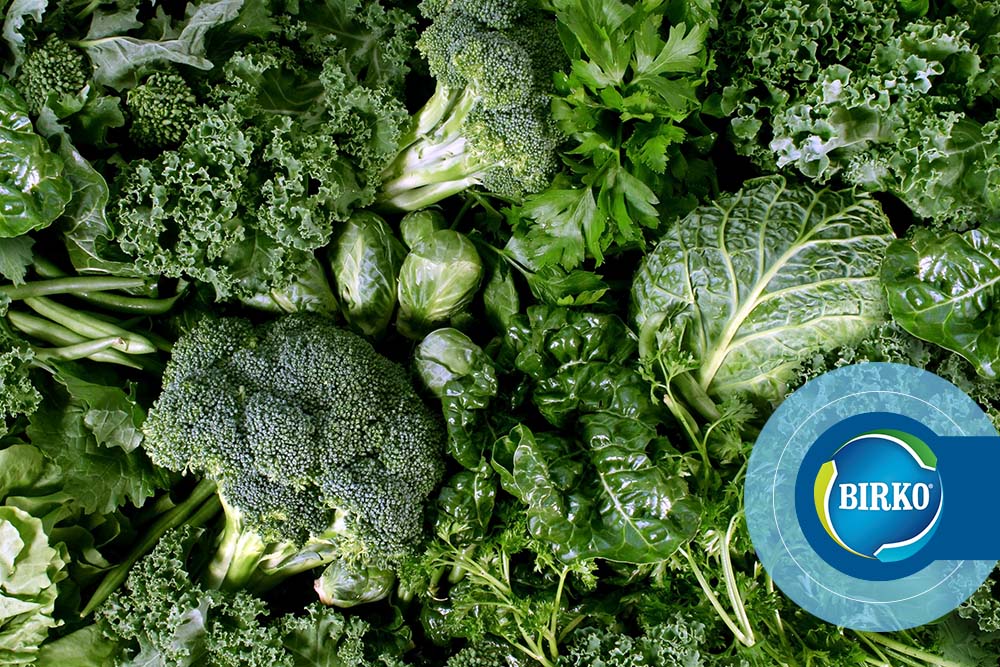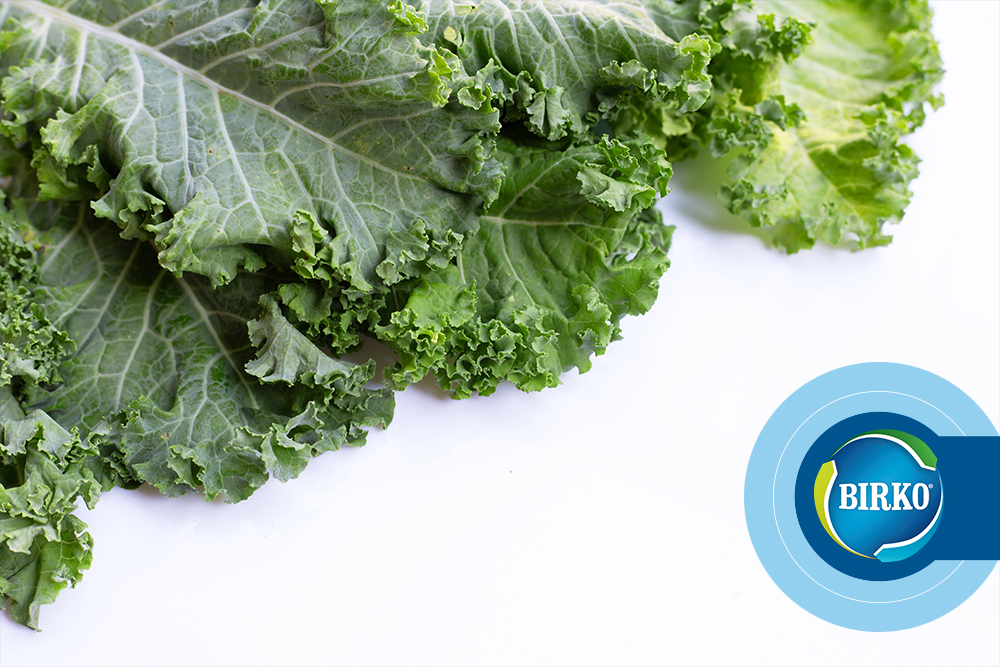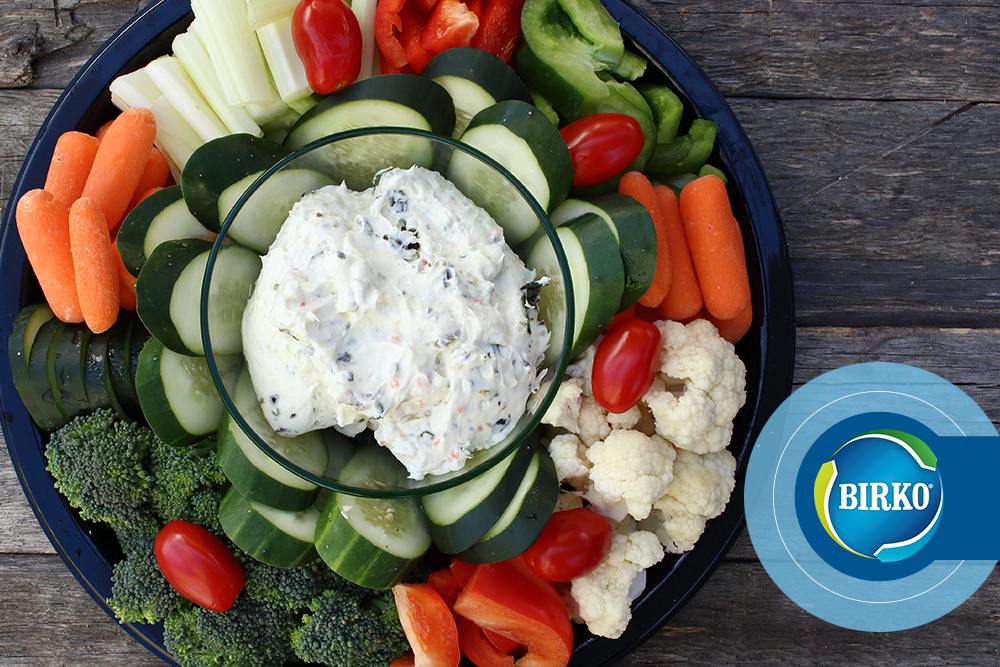While on a recent visit to the local Starbucks, I had occasion to use the wireless access and noticed a pop-up window that encouraged me to “Avoid the ‘Dirty Dozen.’” Since the last “Dirty Dozen” I recalled had to do with a bunch of misfits who pull together to fight the enemy during WWII, I was intrigued.
This particular dirty dozen involved the 12 fruits and vegetables deemed by the Environmental Working Group most likely to contain high levels of pesticide residue. Specifically, consumers are urged to buy organic apples, celery, sweet bell peppers, peaches, strawberries, nectarines, grapes, spinach, lettuce, cucumbers, blueberries and potatoes. There’s even an online petition that urges consumers to vote with their wallet to let “… conventional growers know that I do not want my family to eat fruits and vegetables that are contaminated with pesticide residue, in hopes that they will alter their production methods.”
Is this issue related to food safety? Only peripherally. Eating organic fruits and vegetables is more a matter of choice, rather than a food safety issue. While I like the idea of organically produced food, it is not without problems, namely availability and price. Both have come a long way but organic food still needs to become more affordable at the grocery store.
And, while it’s a good idea to avoid pesticide residue as much as possible, properly used pesticides do have their place. Shelf life can be affected by spoilage, and actually be a health threat in certain cases through the growth of bacteria, mold, endotoxin, etc.
A few years ago at the Craft Brewers Conference in Boston, I attended a talk on organically grown hops. When questioned about the health benefits to the consumer, one of the organic hop growers blurted out, “It’s not about you.” Basically, what she pointed out is that organically produced food is better for the environment and for the farm workers – not necessarily consumers. Many farm workers get cancer from applying the herbicides and pesticides and die far too young. Then there is the damage the chemicals inflict on the environment. By supporting organically produced food, you are supporting the environment and the farm workers. That seemed to be more important to her than consumers’ health — I can’t say I blame her.
In short, if eating organic food keeps you healthy, great, but there is far more to it than most people realize.








